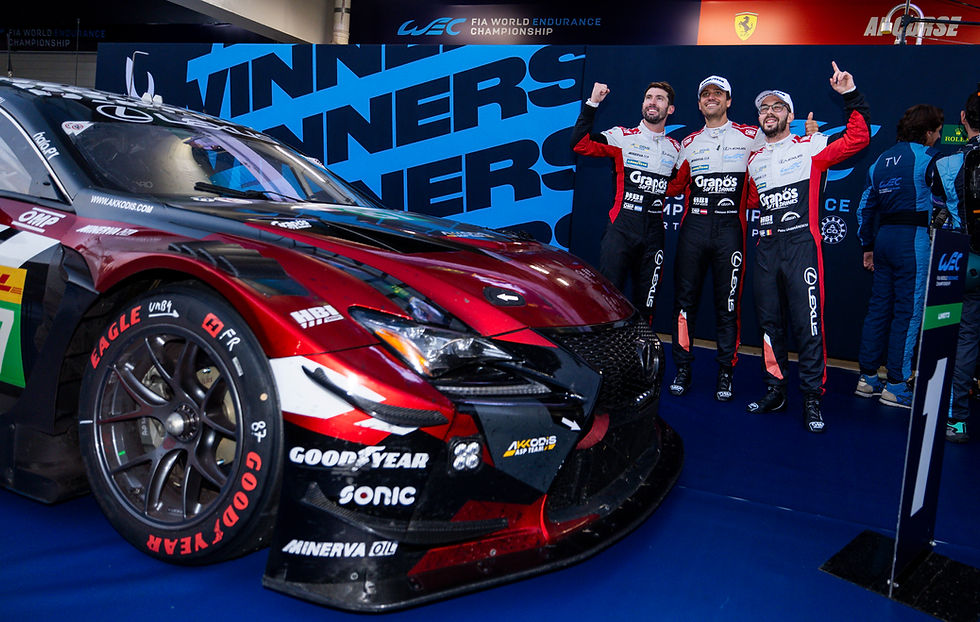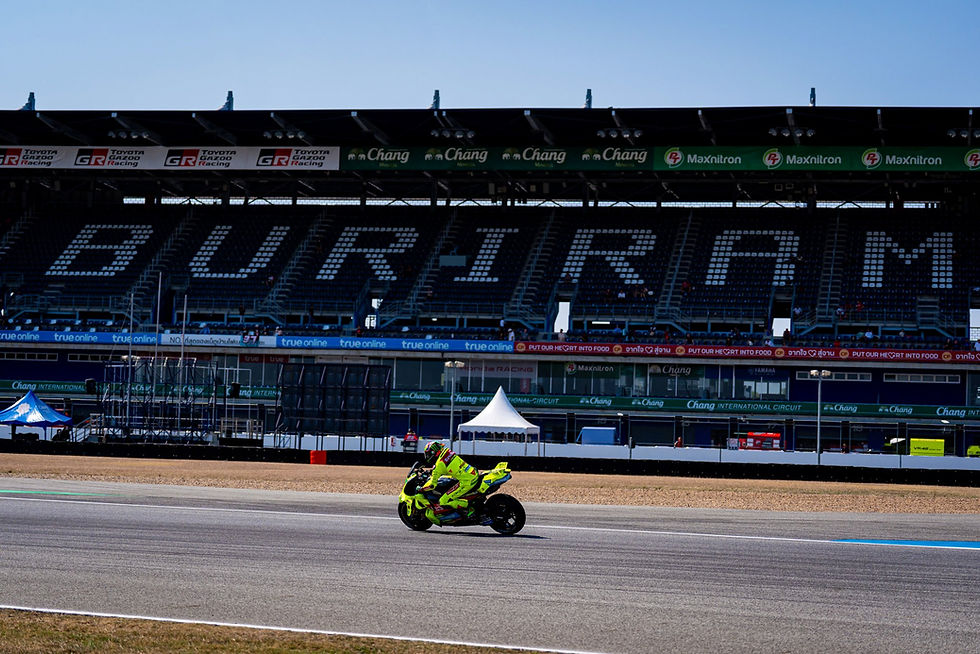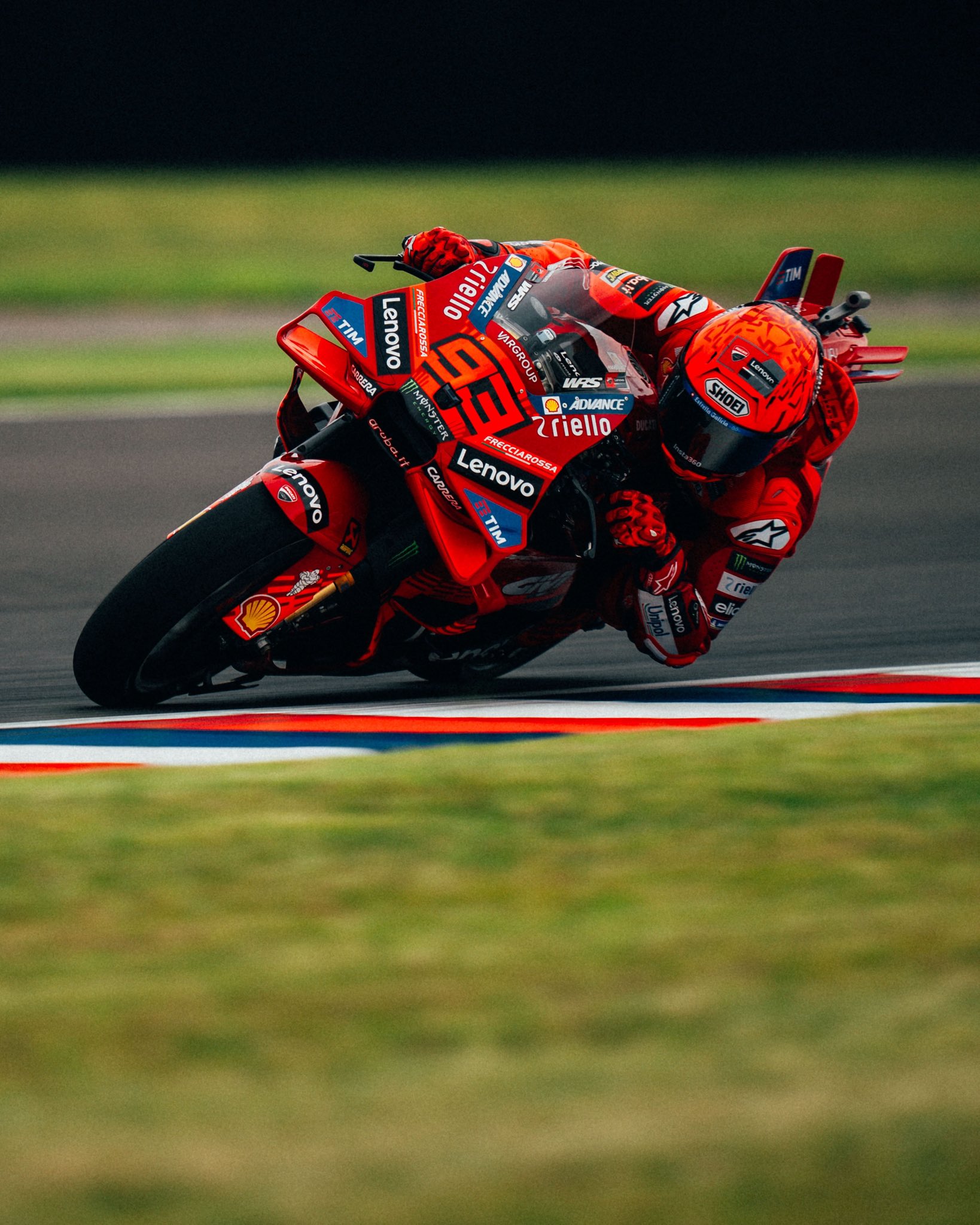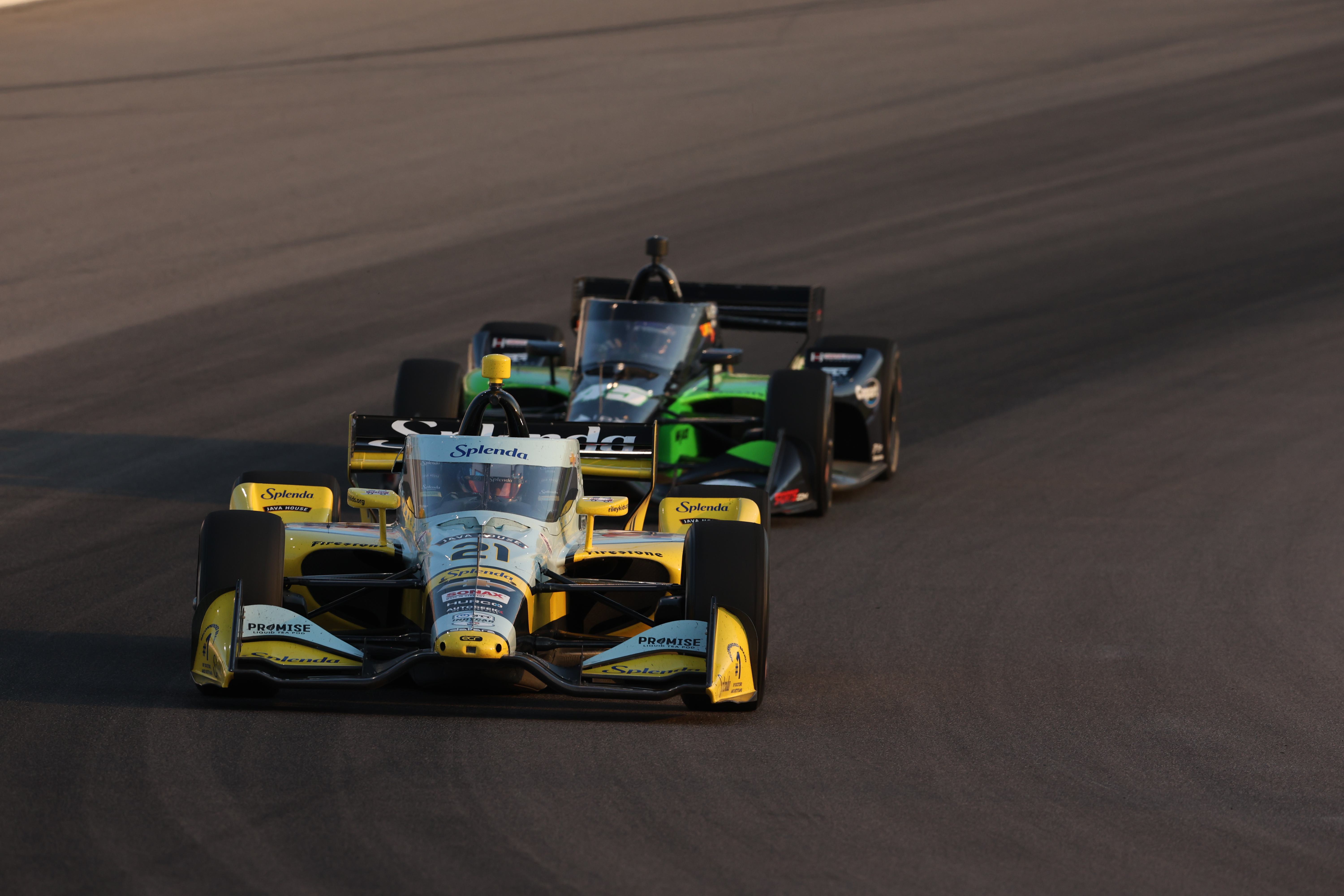South African GP Confirmed? - An Interview with FIA Senate Member and MSA Chairman Anton Roux
- Gabriella Erasmus

- Aug 5, 2022
- 6 min read
Interview by Gabriella Erasmus, Edited by Owen Bradley

The Return of Kyalami to the Formula 1 calendar has been long awaited and anticipated. However, with recent events – discussions and negotiations – this seems to be more likely than ever. I sat down with Motorsport South Africa Chairman and FIA Senate member, Anton Roux for the inside scoop.
Gabriella Erasmus: Can you comment on the enormity of Kyalami potentially hosting the first Formula 1 Grand Prix on not only South African, but African soil in almost 30 years?
Anton Roux: Well Gabriella, one has to understand the size of a Formula 1 event. If we look back at previous events like Melbourne, Australia earlier this year, they had over 400 000 spectators over three days. If you look at the Circuit of the Americas (last year), they had 380 000 spectators over three days.
So, what you basically have is an Olympic (sized) event taking place in the same size and calibre 22 or 23 times a year.
I think that South Africa has got a wonderful motorsport heritage and it would be absolutely fantastic if we could host such a monumental event here.
GE: With regards to spectator capacity, how many people is Kyalami hoping to bring in over the weekend?
AR: The aim would be to get around 90 000 spaces with pavilions, so over the entire weekend, hopefully around 230 000 over the full three days.
If we can fit more, obviously that would be better. In order for this to happen, new grandstands would have to be erected.
GE: Were there any other contenders for the host circuit other than Kyalami, perhaps Morocco, who has hosted a race previously, or was Kyalami the only real option?
AR: One of the things that I’ve been pushing for is to say that if you want to have a world championship, you cannot skip an entire continent – not just in Formula 1, but other series as well.
So, we’ve been pushing incredibly hard, we will be having the Formula E event next year in Cape Town – but we’ve still got one or two things to sort out as far as that’s concerned. I think if I look at the African continent, the only facility that we have that can host such an event without incurring enormous costs, is Kyalami.
There are some changes that need to be made to the circuit, but it really isn’t an insurmountable problem – it will be a lot of work but we can certainly get it from a Grade 2 (FIA graded circuit) to a Grade 1 (FIA graded circuit).
GE: Speaking of the alterations that need to be made, what are the changes that need to be made, in order for it to be upgraded from Grade 2 to Grade 1?
AR: There are changes that need to be made to two corners (turns 1 and 6), but I think the more important, or bigger, issues are those relating to the infrastructure such as the grandstands as you mentioned earlier. Perhaps some changes need to be made to the paddock and other hospitality areas as well.
Another main issue is the barriers (Kyalami is mainly concrete at this point), so we are looking at installing TecPro barriers around the entire circuit.

GE: There have been conversations surrounding the timeline of these changes. That if they are made before the Kyalami 9-Hour later this year, that Kyalami could host a race as early as next year. However, if the changes are not yet completed in time for the 9-Hour, then Kyalami will only be able to host a race in 2024. Can you comment on this?
AR: Yeah, it does present us with some logistical challenges, but I think that we can overcome them. I think that it is possible for us to host the 9-Hour as well as a Formula 1 event, maybe in the second quarter of next year (April-June 2023).

GE: April seems to be the month that Formula 1 management is leaning towards for the event, what are your thoughts on this?
AR: We obviously have a fair amount of work to do and legal agreements to get into place before we can actually confirm a date. The calendar is a challenge, I think it’s just natural with the success of Formula 1 events, especially with things like Drive To Survive – there are a whole host of countries that would like to host one of these events. It’s also growing rapidly within the United States, so putting the calendar together is always a challenge.
GE: What are the possible feature races, if any, that are being considered for the Grand Prix?
AR: We’re not even nearly there yet.
GE: SuperSport piggybacks off of SkySportF1’s broadcast, however, should Kyalami make a comeback to the calendar, do you think that SuperSport will start their own broadcast – thus cementing our country’s place within the sport?
AR: I definitely think they should, but whether they would is another story!
GE: Are there any other motorsport series that you would like to bring to the country?
AR: Yes! I spoke previously about Formula E – which I am incredibly excited for. You must remember that Motorsport South Africa (MSA) runs 12 different categories already, but one that I think would be absolutely fantastic is if we could get more cross country events similar to Dakar.
We’ve got the country, we’ve got the space, we’ve got the infrastructure – everything is there to have some world championship events taking place in the Northern Cape to the Kalahari, Botswana, maybe even into Namibia.
We’ve got everything there, our cross country series is incredibly successful – I mean, last weekend we had 31 cars down in Upington. Half the cars competing in Dakar are built in South Africa and very few people realise that. So that’s certainly something that I think South Africa can play a bigger role in.

GE: You are the Chairman of Motorsport South Africa and also a member of the FIA Senate. Can you talk a bit about your role in each and how you got to where you are today?
AR: Let’s start off with Motorsport South Africa. I started my participation in motorsport as a marshal at circuits in the 80’s and thoroughly enjoyed that. But that was a time where people did their studies on a part-time basis and they had jobs, so that’s what I did.
I then competed for a couple of years – I was never very good – but then I spent the next 20 years in the corporate world in various senior positions and took a bit of a step back from the world of motorsport.
But then, in 2019, because of my corporate governance and finance background, MSA approached me and asked if I would consider becoming chairman – which I’ve been doing since and my first term is up later this year. It’s been challenging because it’s been two years of Covid, but MSA is well managed and is financially in a very good position – so, in those two extremely difficult years, we managed to break even.
With reference to my role within the FIA and the Senate, the FIA has got two legs; the one is what is referred to as ‘Mobility’ which is essentially the Automobile Association, then the other side is the motorsport. Within each, there is a World Mobility Council and a World Motorsport Council that runs each of those respectively.
Then you’ve got the senate that sits above those, where the senate looks more at governance and the financial wellbeing of the FIA. And mainly because my background is financial and corporate governance – that is where I am playing a more active role in the senate.
GE: Late June, F1 CEO, Stefano Domenicali flew in to discuss the GP with Kyalami officials, were you present for those discussions?
AR: No, I was not present for those discussions. But I think it’s important to note - and I think that’s where the complexity gets in – you have got, obviously the F1 entity that Stefano is the CEO of and they are the international rights holders; you would also then, at some time, have a local promoter which is ‘South African Grand Prix’ which is headed up by Warren Scheckter. You then have the venue, which in this case is Kyalami; you then have the FIA and then you have MSA and in between all of this, you’ve also got the government – and with that I’m referring to provincial and national government.
So, it’s quite a complex arrangement of people to get together. MSA’s involvement will commence more actively once agreement has been reached between Formula 1 and the local promoter, the circuit; then MSA and the FIA will get involved, then in between you have also got the government and at the same time you’ve also got negotiations taking place with various sponsors.
So, it’s not one agreement, it’s not one person who can make a decision, it’s quite a complex scenario to manage. I know it sounds incredibly complicated, but it’s important for people to understand that it is incredibly complicated.
GE: Should the event return, will MSA have heavy involvement within it?
AR: No, I think, there’s obviously the interaction with government on the local side where we’ve got some good relationships and from a regulatory point of view, but Formula 1 is such a well oiled machine that you’ve got to rely on its experience and use the people that possess the correct skills who do this virtually every other weekend of the year.
Divebomb thanks Mr Anton Roux for the interview.












Comments